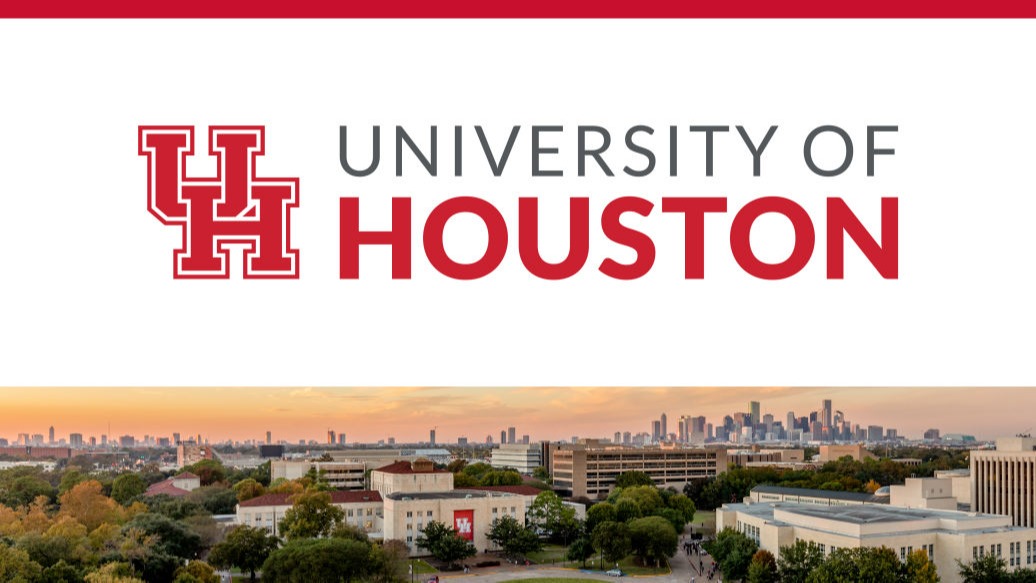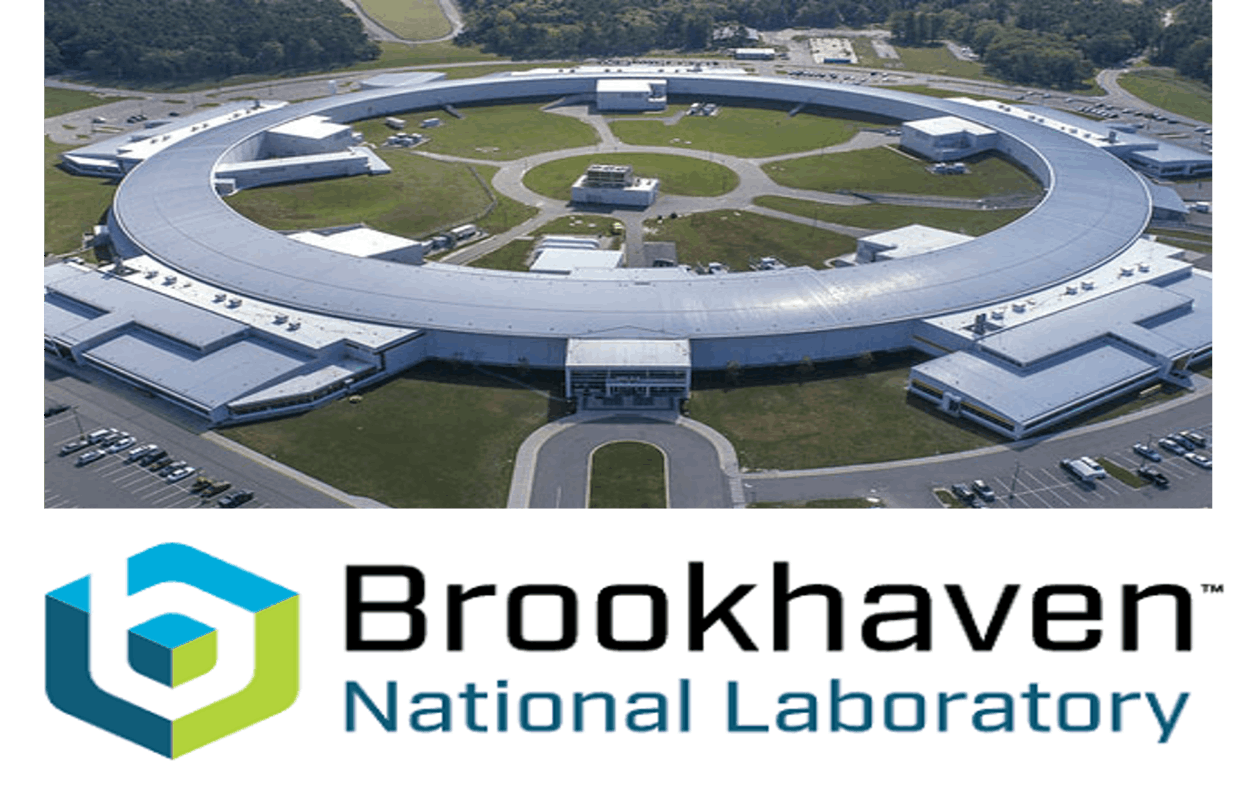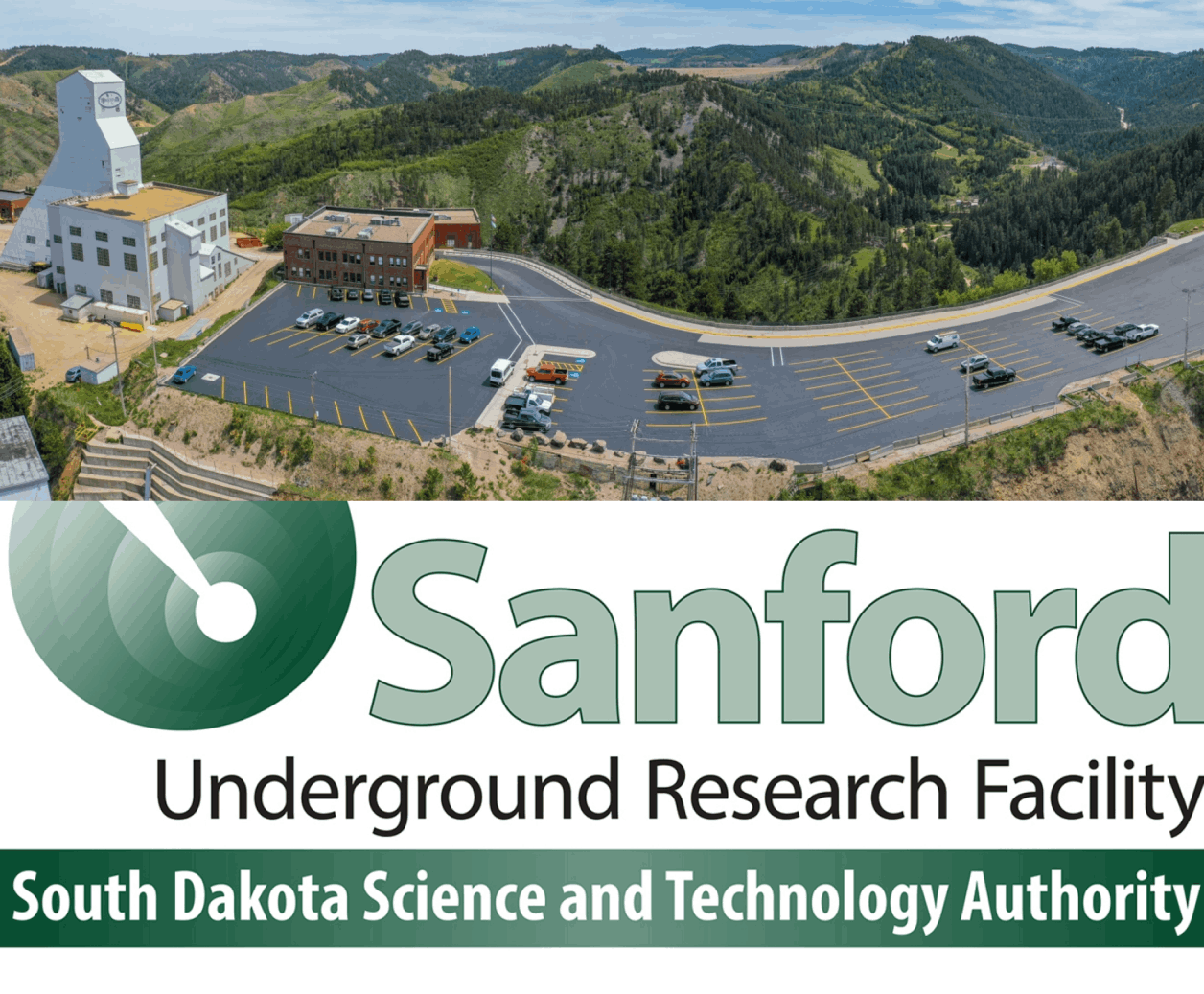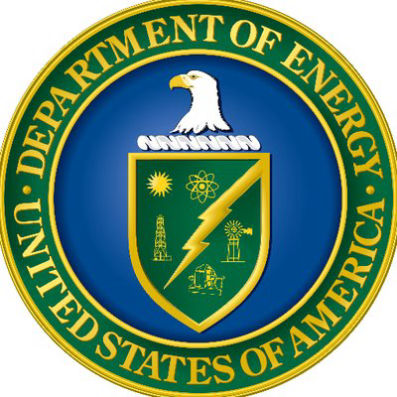Six Week Course at UH
Week 1 - Programming Basics Skills
Content coordinator: Cherdack
Topics:
o Introduction to HEP computing tools
o Working with Python, C++, ROOT
o Practical examples of coding in HEP
o Making plots, curve fitting, and machine learning basics.
Week 2 - Theory: The Standard Model
Content coordinator: Koerner
Topics:
o Overview of particle physics
o History and Major discoveries in Particle Physics
o Basics of 4-vectors
o Fundamental Interactions and Decays
Week 3 - Experiment: Recent and Ongoing Experiments
Content coordinator: Cherdack
Topics:
o Neutrino Physics Experiments
o Recent developments in Neutrino Physics
o Neutrinos in Standard Model
o Searches beyond Standard Model
Week 4 - Experimental: Detectors and Instrumentation
Content coordinator: Renshaw
Topics:
o Neutrino and dark matter detectors
o Detectors focus on scintillators and Cherenkov light
o Nobel liquid and gas detectors
Week 5 - Professional Development in STEM
Content coordinator: Koerner
Topics:
o Career paths in physics
o Presentation Skills
o Scientific writing
o Future in Neutrino Physics
Week 6 - Applications Outside Physics
Content coordinator: Renshaw
Topics:
o Application in computing, medicine, accelerator technology
o Application in remote sensing and nuclear non-proliferation
o Science communication training, outreach
o Student Presentation



